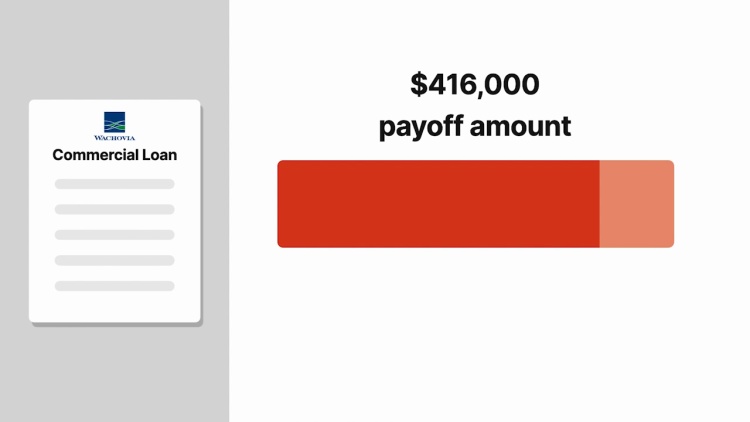Lopresti v. Wells Fargo Bank, N.A.
New Jersey Superior Court, Appellate Division
435 N.J.Super. 311, 88 A.3d 944 (2014)

- Written by Sean Carroll, JD
Facts
Body Max, a fitness corporation, obtained a mortgage from First Union. Salvatore Lopresti (plaintiff), the president of Body Max, was the personal guarantor of the loan. Lopresti put up his residence as collateral. The promissory note stated that there would be a one percent prepayment penalty if any of the loan was repaid before it was due. The loan funds were deposited directly into Body Max’s corporate account. Body Max refinanced the loan through TD Bank Commercial Lending (TD Bank) and obtained a payoff amount from First Union’s successor, Wells Fargo Bank, N.A. (Wells Fargo) (defendant). TD Bank paid off the Wells Fargo loan directly, including the prepayment penalty. Lopresti brought suit against Wells Fargo claiming a violation of New Jersey’s law against prepayment penalties. The law prohibited charging a mortgagor a prepayment penalty where a mortgagor was defined as “any person other than a corporation.” The trial court granted Wells Fargo summary judgment on the ground that Lopresti did not have standing. Lopresti appealed.
Rule of Law
Issue
Holding and Reasoning (Parrillo, J.)
What to do next…
Here's why 899,000 law students have relied on our case briefs:
- Written by law professors and practitioners, not other law students. 47,000 briefs, keyed to 994 casebooks. Top-notch customer support.
- The right amount of information, includes the facts, issues, rule of law, holding and reasoning, and any concurrences and dissents.
- Access in your classes, works on your mobile and tablet. Massive library of related video lessons and high quality multiple-choice questions.
- Easy to use, uniform format for every case brief. Written in plain English, not in legalese. Our briefs summarize and simplify; they don’t just repeat the court’s language.





